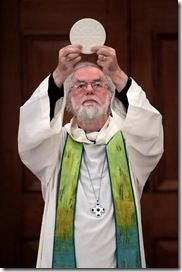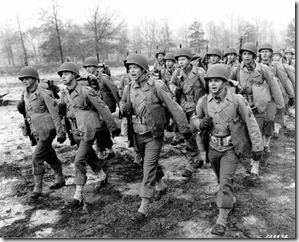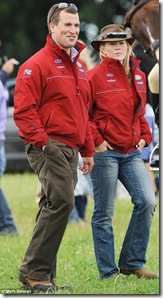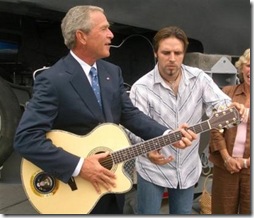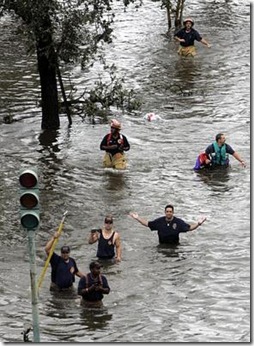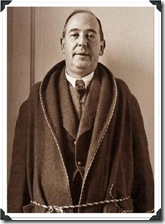The writer, in a dream, boards a bus on a drizzly afternoon and embarks on an incredible voyage through Heaven and Hell. In this scene from The Great Divorce, the writer listens to heavenly citizen George MacDonald explain the implications of a future heaven and hell on this present life before death.
That is what mortals misunderstand. They say of some temporal suffering, “No future bliss can make up for it, not knowing that Heaven, once attained, will work backwards and turn even that agony into a glory. And of some sinful pleasure they say “Let me have but this and I’ll take the consequences”: little dreaming how damnation will spread back and back into their past and contaminate the pleasure of the sin. Both processes begin even before death. The good man’s past begins to change so that his forgiven sins and remembered sorrows take on the quality of Heaven: the bad man’s past already conforms to his badness and is filled only with dreariness. And that is why, at the end of all things, when the sun rises here and the twilight turns to blackness down there, the Blessed will say “We have never lived anywhere except in Heaven, and the Lost, “We were always in Hell.” And both will speak truly.’
C.S. Lewis, The Great Divorce (1946, Harper Collins edition 2001) 69.






